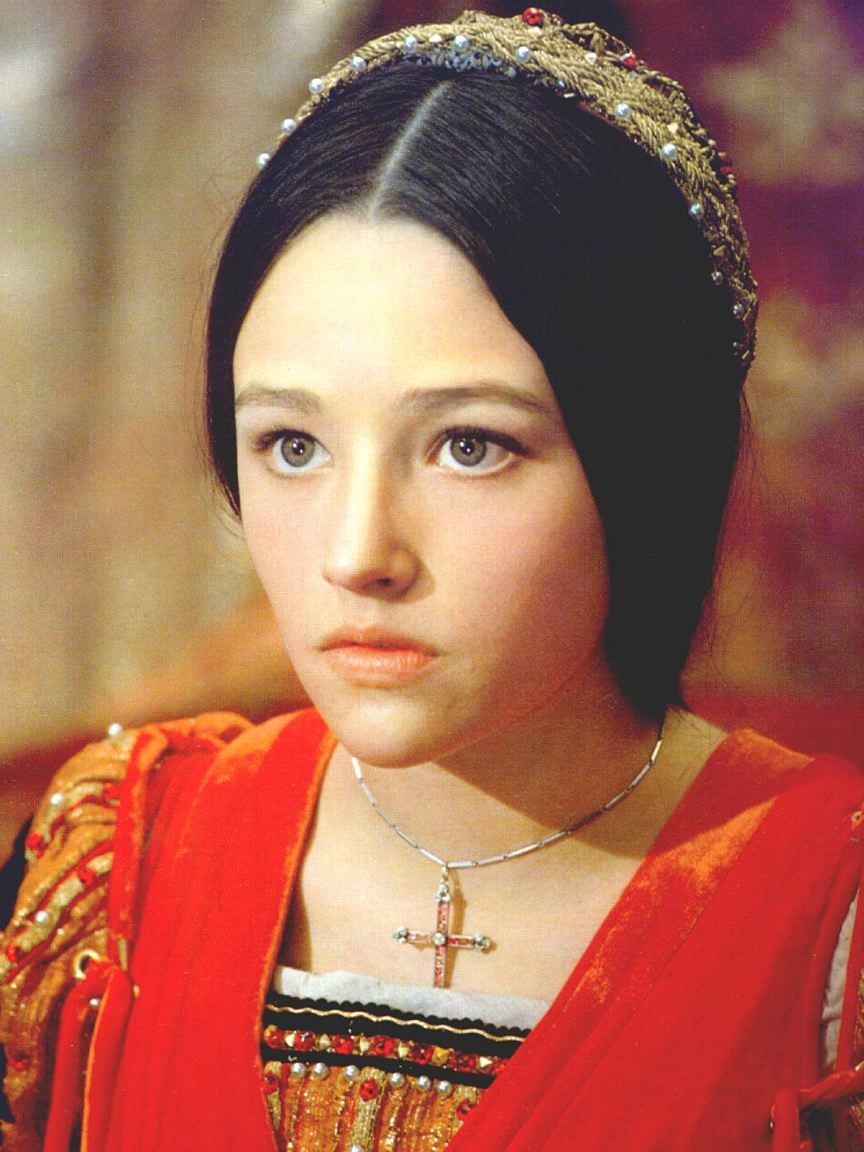“Oh my god, I feel so bad!”
My daughters were at the school this fine Saturday morning working on a garden project with other middle schoolers. I assumed she felt bad that I was picking them up early and leaving their friends to continue the work. “Why?” I asked.
“I just totally spoiled Romeo and Juliet for my friends,” said my oldest.
“How do you spoil a 400 year old play? How does anybody not know how it ends?”
“They didn’t know that Mercutio and Tybalt both die!”
“Explain.”
“Ok, Elizabeth and I were play fighting, so she said, “I’m Mercutio, you be Tybalt!”
Ok, pause… *beam with pride* … Ok, continue.
So then my oldest continues, “So then I say, Mercutio drew first! Ha! You die! But then I remembered Tybalt dies too and said Oh wait no so do I. And my friends who are reading the play in class with me now looked at us like, “WHAT?””
Only my kids! But you know what? I wouldn’t have it any other way 🙂

